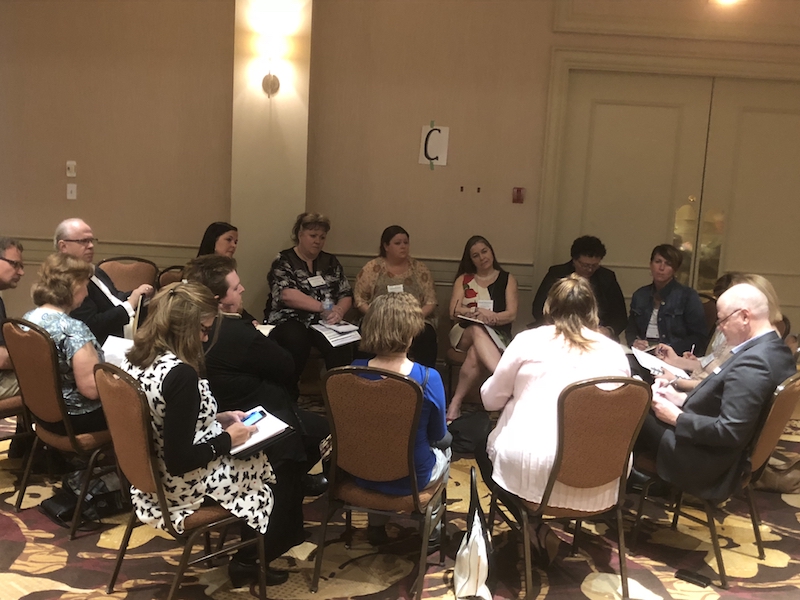Listening is love

Erich Fromm studied love and connection as his life’s work. Along the way he was able to study and learn about the art of some of the core capacities of loving.
From a blog post today on Fromm’s work, comes this simple set of principles for deepening the art of listening (in his own words):
- The basic rule for practicing this art is the complete concentration of the listener.
- Nothing of importance must be on his mind, he must be optimally free from anxiety as well as from greed.
- He must possess a freely-working imagination which is sufficiently concrete to be expressed in words.
- He must be endowed with a capacity for empathy with another person and strong enough to feel the experience of the other as if it were his own.
-
The condition for such empathy is a crucial facet of the capacity for love. To understand another means to love him — not in the erotic sense but in the sense of reaching out to him and of overcoming the fear of losing oneself.
-
Understanding and loving are inseparable. If they are separate, it is a cerebral process and the door to essential understanding remains closed.
Over the last few months I have been hosting gatherings among groups of people that have some conflict, which isn’t at all unusual. These aren’t acute disputes but rather long simmering cultural characteristics of exclusion, mistrust and a loss of meaning in work. These are natural rhythms of organizational life and they require intentional interventions. Instead of addressing the conflict head on however, the designs of these gatherings has focused on creating shared work that requires people to be listening to one another with presence and attention, in unusual groupings, focused on things like overarching principles to guide big organizational work.
I can see that when more people are working situations that need intense and engaged listening, they are better able to overcome the low grade malaise and dissatisfaction. It sharpens the awareness of one’s own role, and sharpens the attention on what others have to offer. Sharing perspectives alone is a key route to overcoming those kinds of low grade conflict that seem to eventually sneak into to all aspects of organizational and community life.

